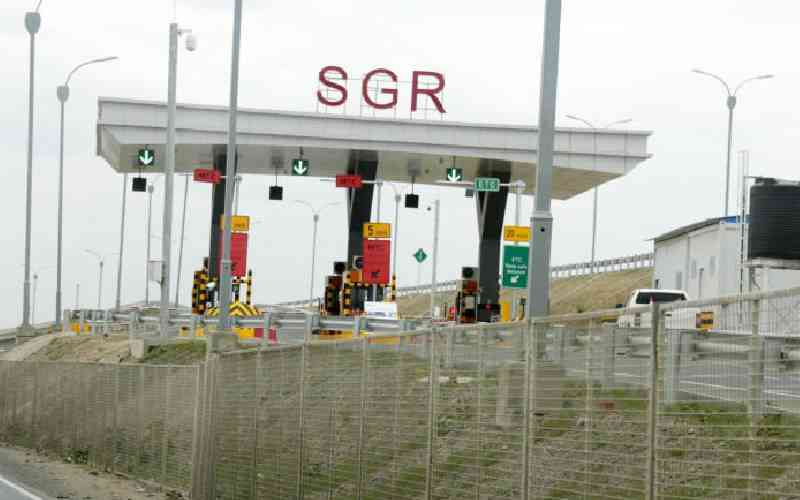×
The Standard e-Paper
Stay Informed, Even Offline

On November 16, 2014, slightly over a year after President Uhuru Kenyatta swept into power, four officials, one Chinese and three Kenyans, signed a payment agreement that would breathe life into the most expensive, and perhaps most controversial project in the country's history.
The Standard Gauge Railway, popularly known as the SGR, would gobble up a massive $3.6 billion after this far-reaching agreement was concluded.